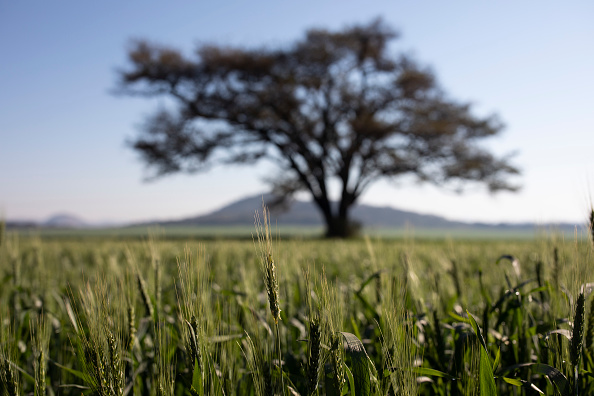
Zim govt says it doesn’t have funds to pay displaced white farmers – report

The Zimbabwean government has reportedly said that it does not have money to pay white farmers who were evicted during the country’s chaotic land reform programme.
According to New Zimbabwe.com, compensating the farmers was seen as key to unlocking fresh financial support and restoring relations with the international community.
President Emmerson Mnangagwa has pledged to pay the farmers but the treasury indicated recently that it presently did not have the funds to commit to the exercise, the report said.
“While work on the extent of government’s obligation is still to be finalised, the resources required to compensate and put closure to this important issues (compensation of displaced commercial farmers) is obviously beyond the capacity of budget to finance,” the treasury was quoted as saying in its investment and expenditure plan for 2019 booklet.
During the budget speech last month, Finance Minister Mthuli Ncube said the government was still working on determining the amount it had to pay to the evicted farmers.
Meanwhile, the country’s land and agricultural ministry recently said that it was seeking $40m to compensate former white farmers, with the government promising to pay half of the amount, according to NewsDay.
Food production
Finance ministry director Peter Mudzamiri said the ministry had received only $20m from government despite asking for $40m which would have enabled them to pay at least 50 former white farmers in the 2019 financial year.
“We only got $20 million, but the $40 million that we bid for was just an estimate looking at how many farmers we are going to pay. Our focus here is that we are looking at paying 50 former farmers in 2019,” Mudzamiri was quoted as saying.
Starting in 2000, thousands of white Zimbabwean farmers were forced off their land by violent state-backed mobs or evicted in dubious legal judgements, supposedly to help black people marginalised under British colonial rule, reported AFP.
The farms, however, were often allocated to Mugabe’s allies and fell into ruin, leaving tens of thousands of rural labourers out of work and sending the economy into a tailspin as food production crashed, the report said.






